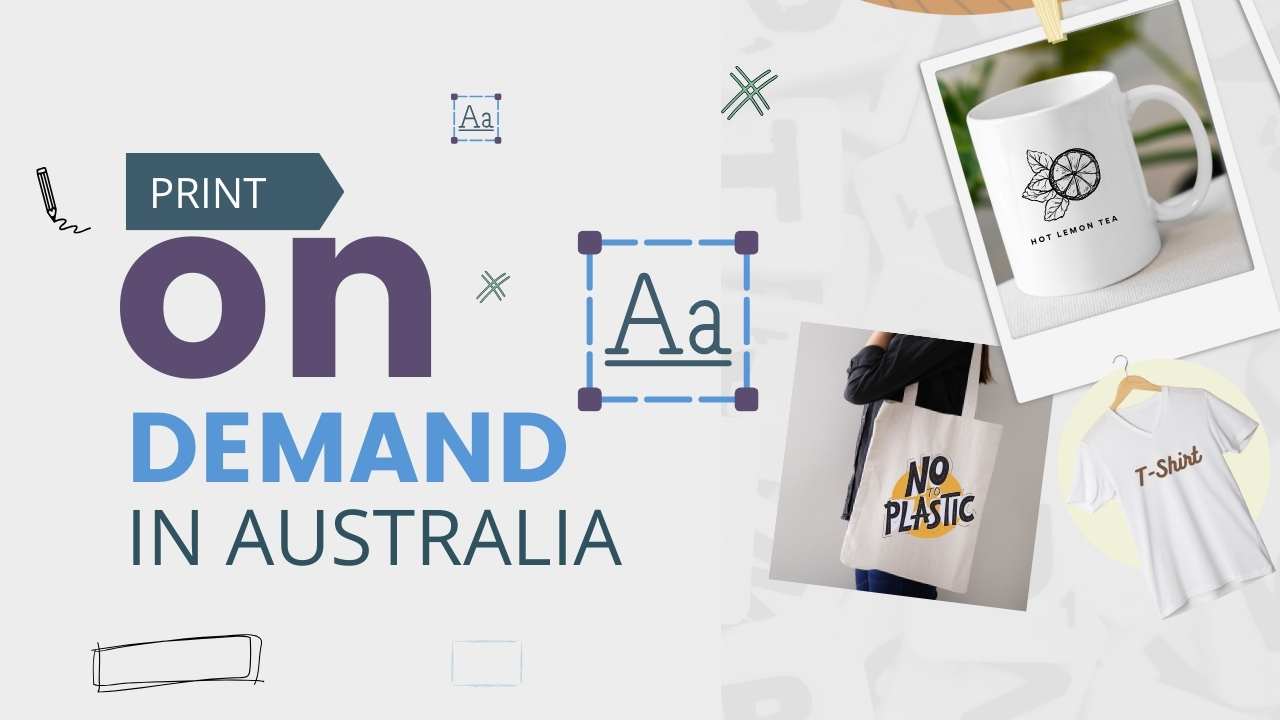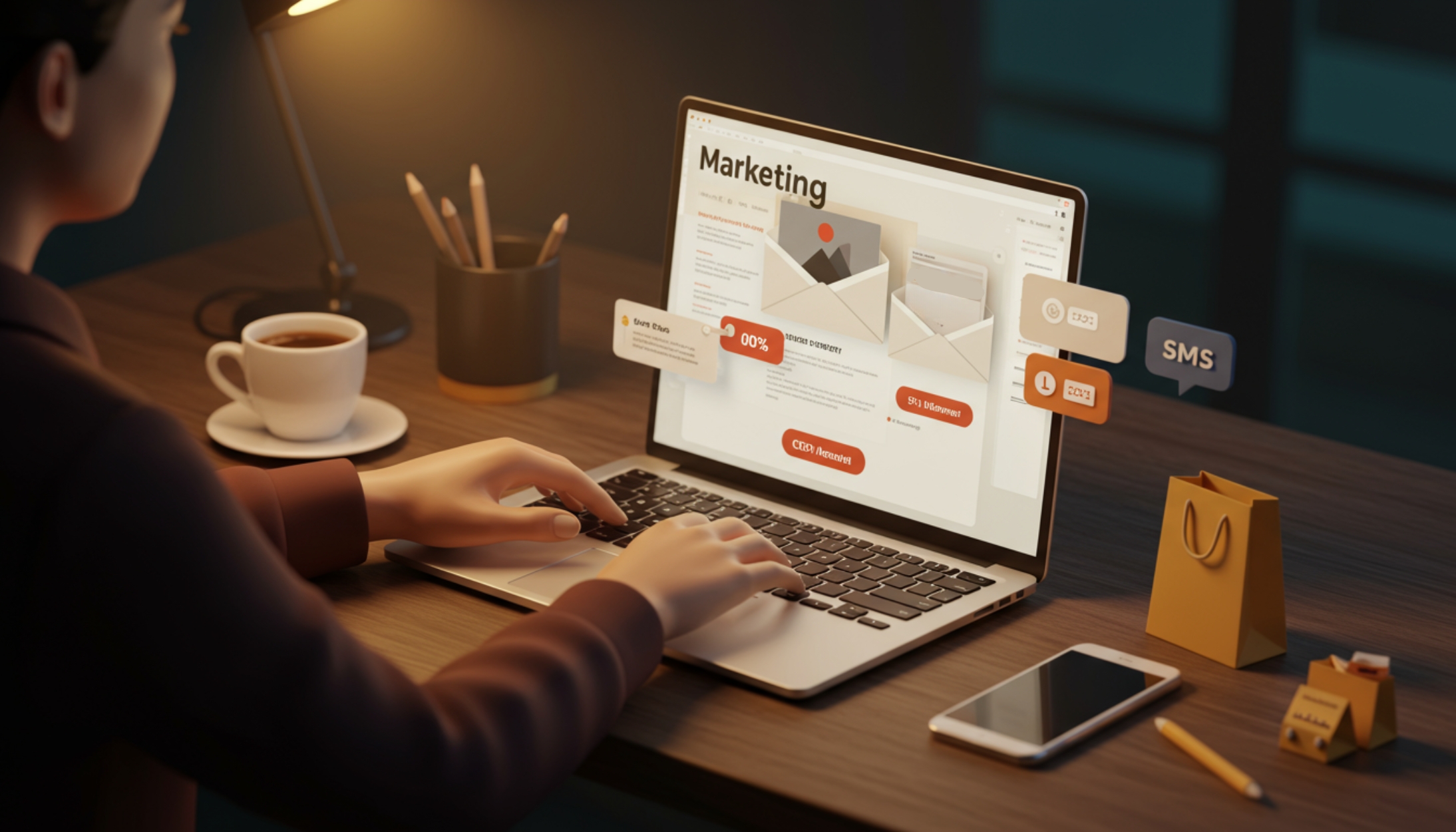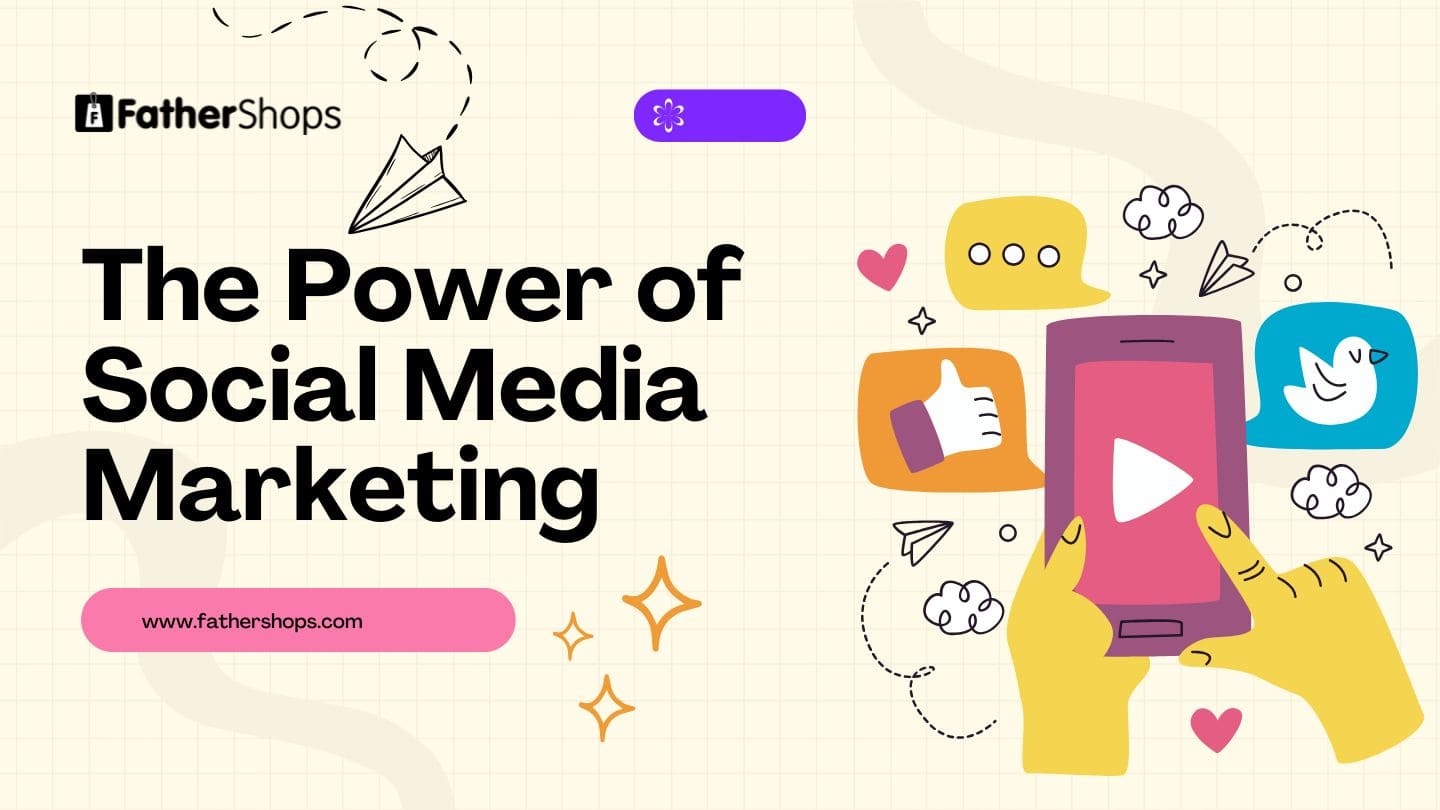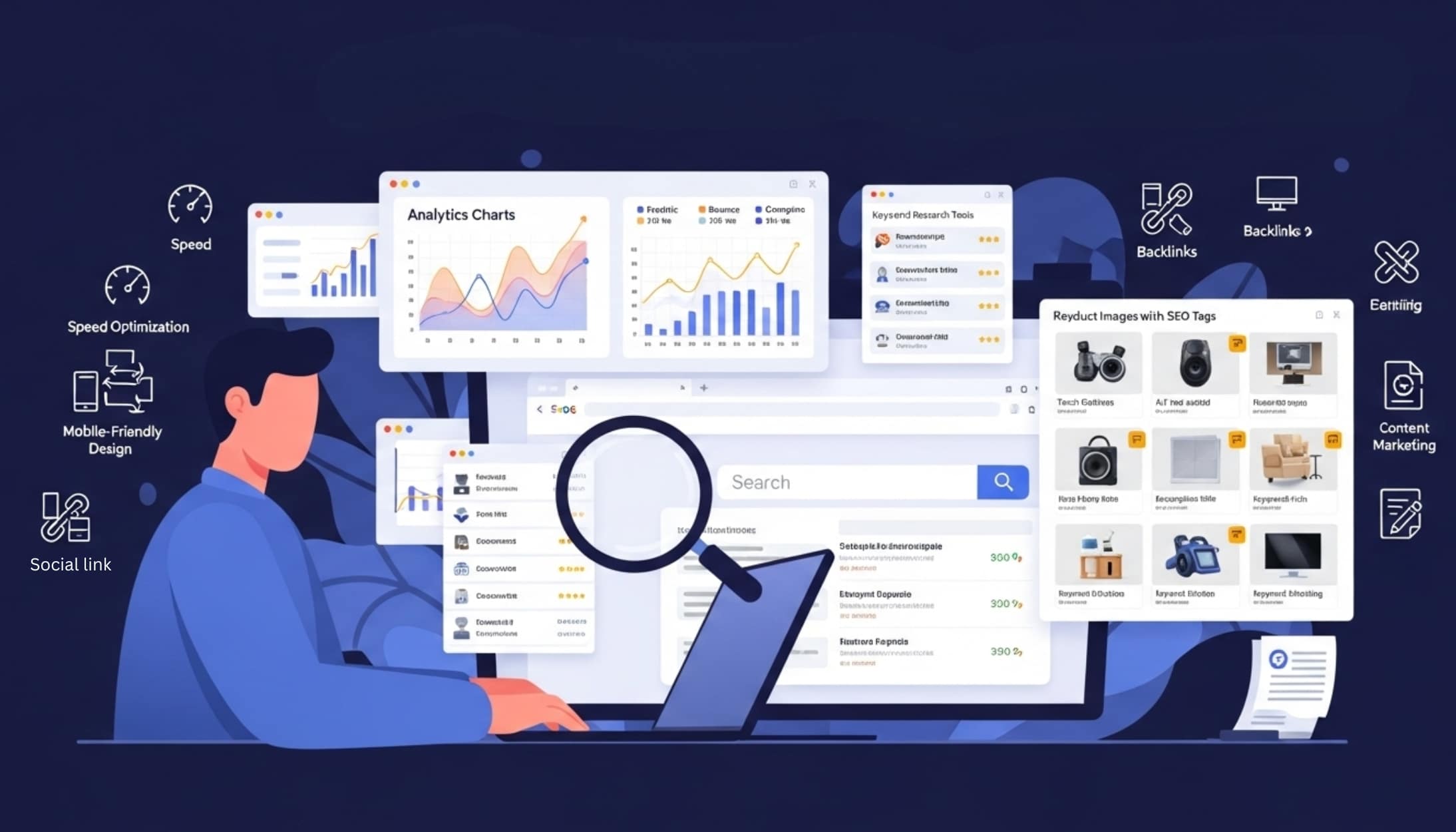Table of Contents
What is White Label product?
When building a business, one of the quickest ways to expand your product line without investing heavily in manufacturing is through white label products. These are items made by one company but sold under another company’s brand name. Essentially, white label products allow businesses to offer high-quality, ready-made goods with their own branding, saving both time and money in the process. For instance, imagine a factory producing skincare products like lotions and serums. Instead of branding these products themselves, the factory allows other companies to purchase and rebrand them, adding their own logos and packaging. This way, businesses can focus on marketing and growing their brand while leaving the product development and manufacturing to specialists. White label products are an effective strategy for businesses looking to quickly enter new markets or enhance their offerings, all while maintaining control over how the products are presented and sold to customers.White label Product Examples
White-label products are very common in many industries. Below are given some examples of industries which use white-label products.- Electronics:In the electronics industry, it’s common for a single manufacturer to produce items like televisions, smartphones, and headphones. These products are then sold to different brands, which put their logos and branding on them. For example, a factory might make a basic smartphone model, and then multiple companies can buy this model, add their own software or design elements, and sell it under their brand names.
-
Cosmetics:
In the beauty industry, a manufacturer might create a range of makeup or skincare products that are then packaged and branded by various companies. For instance, a single lab might produce a moisturizing cream, and then different beauty brands can buy this cream, put it in their packaging, and sell it as part of their product line. -
Clothing:
Clothing manufacturers often produce generic garments like t-shirts, jeans, or dresses. These items are then purchased by fashion brands, which add their labels, tags, and sometimes additional design elements before selling them to consumers. This practice enables brands to quickly expand their collections without the need for extensive production facilities. -
Food and Beverages:
Supermarket own-brand products are a common example of white labeling in the food and beverage industry. A manufacturer might produce a cereal or snack, and then various supermarkets can sell this product under their brand names. -
Software:
In the tech industry, white-label software solutions are popular. A software company might develop a generic application, platform, or service, which other businesses can then rebrand and sell as their own. For example, a company might create a website-building tool, and then marketing agencies or hosting companies can offer this tool to their clients under their brand. -
Financial Services:
Some financial institutions provide white-label services, such as credit cards or loan products. These services are created and managed by one company but offered to customers by another company under a different brand name. For example, a bank might create a credit card program that is then branded and offered by a retail store to its customers.
13 Best White Label Products To Sell in 2026
-
Cosmetics and Skincare Products:
These products are consistently popular and offer a wide range of options for customization. You can create your own line of lipsticks, eye shadows, moisturizers, serums, and more with unique packaging and branding that appeals to your target audience. -
Health and Wellness Supplements:
The health and wellness industry is booming, and supplements are a big part of that. White labeling allows you to sell vitamins, protein powders, probiotics, and CBD oils under your brand. This is a great way to tap into the growing demand for health products. -
Clothing and Accessories:
Fashion is always changing, and there’s always room for new brands. You can white label basic clothing items like t-shirts, hoodies, hats, and tote bags, and add your designs or logos to create a unique fashion line. -
Tech Accessories:
With the constant use of technology in our daily lives, accessories like phone cases, earbuds, and charging cables are always in demand. These products can be easily branded with your logo and sold to tech-savvy consumers. -
Home and Kitchen Products:
White labeling home and kitchen products like candles, cookware, and home decor items can be a great way to enter the home goods market. You can customize these products to fit your brand’s aesthetic and appeal to your target market. -
Fitness Equipment:
With the rise of home workouts, fitness equipment like yoga mats, resistance bands, and dumbbells are popular white label products. You can brand these items with your logo and sell them to fitness enthusiasts. -
Pet Products:
The pet industry is a lucrative market, and white label products like pet toys, beds, and grooming products can be a great addition to your product line. Pet owners are always looking for new and innovative products for their furry friends. -
Eco-Friendly Products:
Eco-friendly products like reusable straws, water bottles, and shopping bags are in high demand as consumers become more environmentally conscious. White labeling these products allows you to contribute to sustainability while building your brand. -
Office Supplies:
White label items like notebooks, pens, planners, and desk organizers are always in demand for professionals, students, and home offices. Custom branding can cater to both businesses and individuals. -
Baby Products:
Items such as baby blankets, organic baby lotions, baby clothes, and diaper bags can be customized and branded, appealing to parents seeking quality and comfort for their children. -
Personal Care Items:
Products like shampoo, conditioner, deodorant, and soaps can be white-labeled, especially if you focus on organic or all-natural ingredients for eco-conscious customers. -
Beverages:
From energy drinks and flavored water to coffee blends and teas, beverages are a fast-moving category where custom branding can make a big impact, especially with unique flavors or health-focused options. -
Travel Accessories:
Travel-related items like luggage tags, travel pillows, reusable water bottles, and packing cubes are popular with frequent travelers and can be customized with your brand for a stylish, practical product line.
How to Choose the Right White Label Supplier
Selecting the right supplier is the foundation of any successful white label business. The supplier you choose will play a major role in shaping your brand’s reputation and customer satisfaction. So, what should you look for when making this crucial decision? Factors to Consider- Product Quality First and foremost, product quality is non-negotiable. Your supplier should consistently deliver high-quality products because their quality will directly reflect on your brand. Poor-quality products can hurt your reputation, so be sure to request product samples, read customer reviews, and assess their quality standards before committing.
- Customization Options Customization is key to making the product your own. Some suppliers offer extensive customization options, such as packaging design, product color variations, and logo placement. Others may have limited options. Make sure their customization services match your brand vision and allow for the level of personalization you need.
- Shipping Times and Costs Shipping is another critical factor. Customers today expect quick and affordable shipping, so it’s important to find a supplier who can meet these expectations. Verify their average shipping times and costs, especially if you’re dealing with international orders. Delays or high shipping fees could negatively impact customer experience.

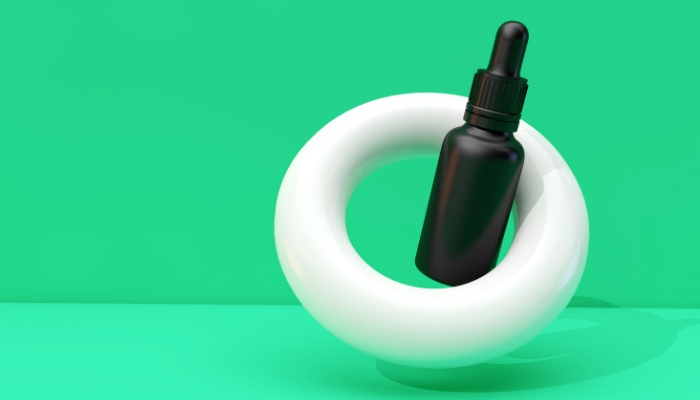

 Customize Your Products
Customize Your Products
